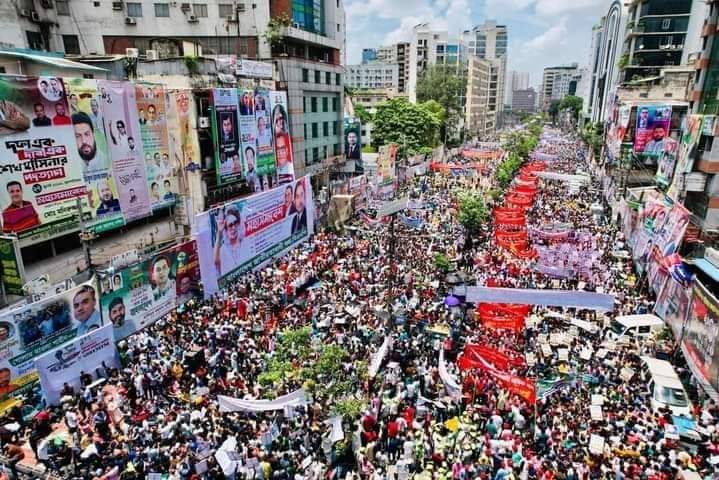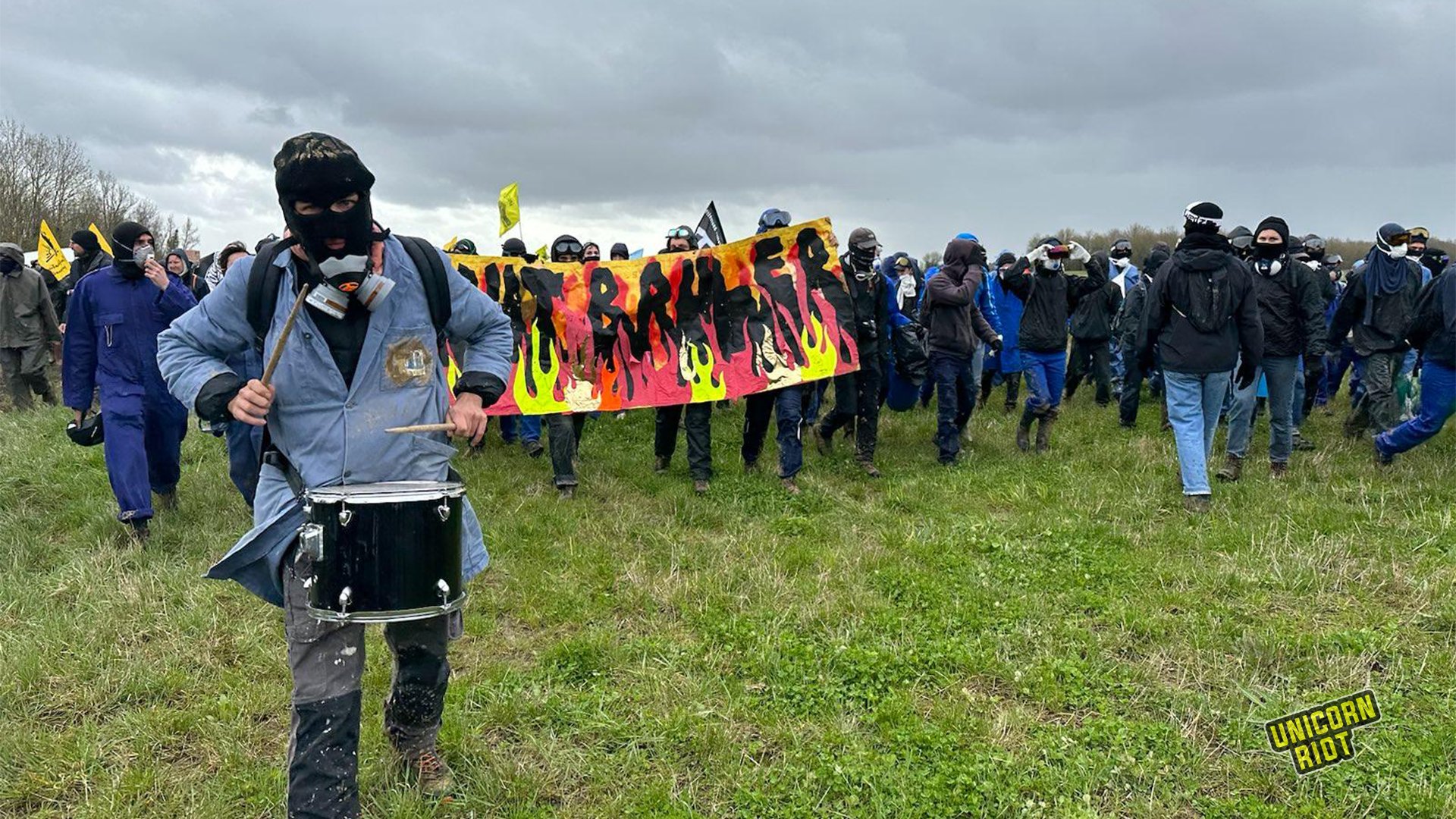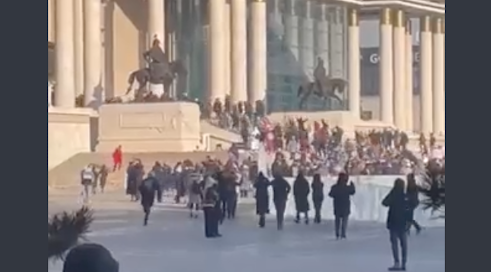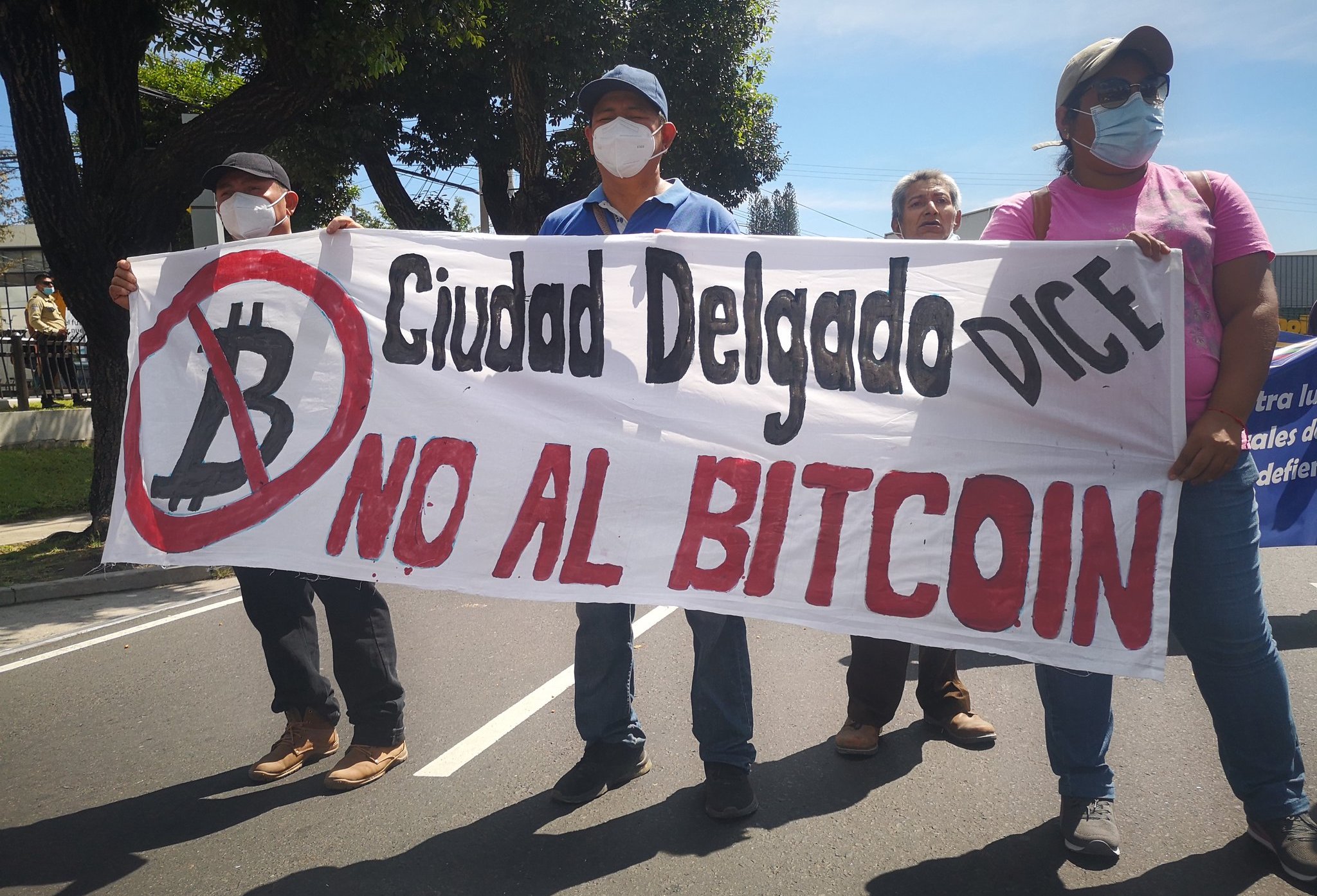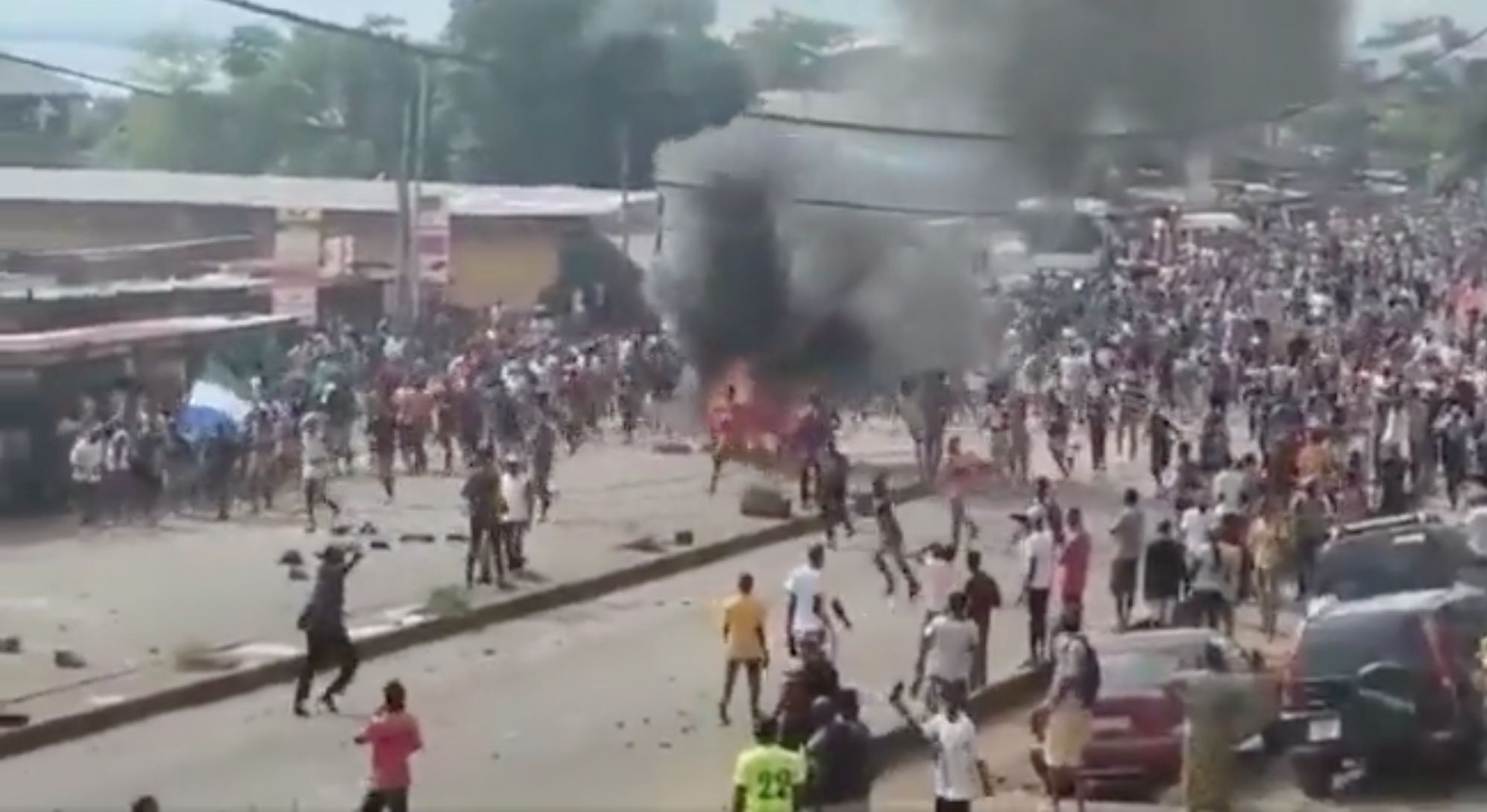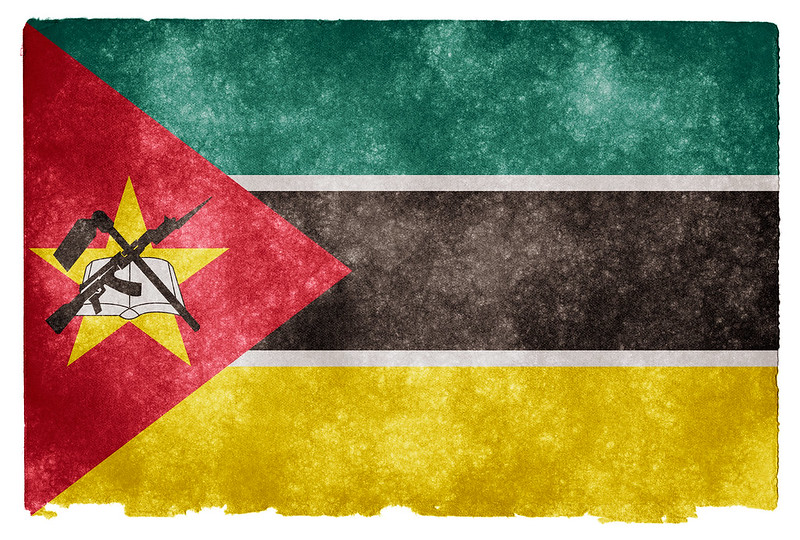
Mozambique: post-election protests turn deadly
Violence broke out in Mozambique’s capital Maputo between security forces and demonstrators protesting the results of nationwide local elections. Confrontations were also reported in the cities of Nampula and Nacala. Police are accused of using disproportionate force, including tear-gas and live bullets, and at least three people are reported dead, including a 10-year old boy. Demonstrations were called by the opposition Mozambican National Resistance (RENAMO) after the National Elections Commission announced that the ruling Liberation Front of Mozambique (FRELIMO) won in 64 of the country’s 65 municipalities. RENAMO and other oppositions parties denounced the results, claiming there was fraud. RENAMO, a former guerilla army that reorganized as a political party after the end of the civil war in 1991, briefly returned to arms following contested elections in 2016. (Image: Nicolas Raymond via Flickr)





